Research Shows Americans Still Focus on Prayer, Family at Thanksgiving
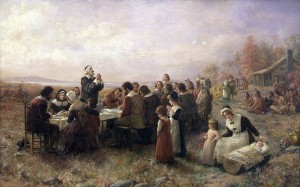 Despite growing efforts to secularize celebrations this time of year, a majority of Americans still say being thankful to God is a priority at Thanksgiving.
Despite growing efforts to secularize celebrations this time of year, a majority of Americans still say being thankful to God is a priority at Thanksgiving.
“For Americans, Thanksgiving is about faith and family, and not much else.
“More than half (56 percent) tell LifeWay Research the most important part of the annual holiday is ‘being thankful to God for my blessings.’ Almost 4 in 10 (39 percent) say ‘time with family and friends’ tops their Thanksgiving priorities.”
We have written repeatedly about calls to prayer and thanksgiving issued by everyone from the Founding Fathers to Abraham Lincoln and other U.S. Presidents. For example:
- The Continental Congress issued a proclamation in 1778 asking Americans to set aside a day “to be observed as a day of fasting, humiliation, and prayer; that at one time, and with one voice, the inhabitants may acknowledge the righteous dispensations of Divine Providence, and confess their iniquities and transgressions, for which the land mourneth;”
- Thomas Jefferson issued a thanksgiving proclamation in 1779 when he was Governor of Virginia setting aside “a day of publick and solemn THANKSGIVING to Almighty God, for his mercies, and of PRAYER, for the continuance of his favour and protection to these United States;”
- Jefferson’s proclamation was issued in conjunction with one from the Continental Congress calling on Americans “to beseech him [God] that he would be graciously pleased to influence our publick Councils, and bless them with wisdom from on high, with unanimity, firmness and success; that he would go forth with our hosts and crown our arms with victory;”
- In 1780 Congress again issued a thanksgiving proclamation calling on Americans to observe “a day of public thanksgiving and prayer; that all the people may assemble on that day to celebrate the praises of our Divine Benefactor; to confess our unworthiness of the least of his favours, and to offer our fervent supplications to the God of all grace;”
- In 1863, Abraham Lincoln issued his famous Thanksgiving proclamation inviting Americans to set aside “the last Thursday of November next as a Day of Thanksgiving and Praise to our beneficent Father who dwelleth in the heavens. And I recommend to them that, while offering up the ascriptions justly due to Him for such singular deliverances and blessings, they do also, with humble penitence for our national perverseness and disobedience, commend to His tender care all those who have become widows, orphans, mourners, or sufferers in the lamentable civil strife in which we are unavoidably engaged, and fervently implore the interposition of the Almighty hand to heal the wounds of the nation, and to restore it, as soon as may be consistent with the Divine purposes, to the full enjoyment of peace, harmony, tranquility, and union.”
Pausing to give thanks to God is a powerful tradition that is part of our national heritage.


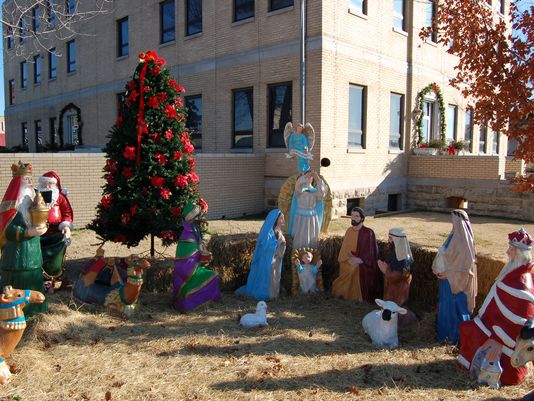
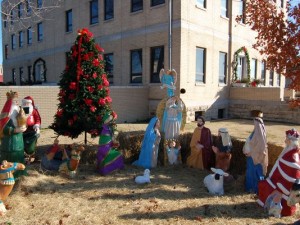 U.S. District Judge Timothy L. Brooks issued a ruling today quashing a Nativity scene on the Baxter County courthouse lawn, according to various news sources.
U.S. District Judge Timothy L. Brooks issued a ruling today quashing a Nativity scene on the Baxter County courthouse lawn, according to various news sources.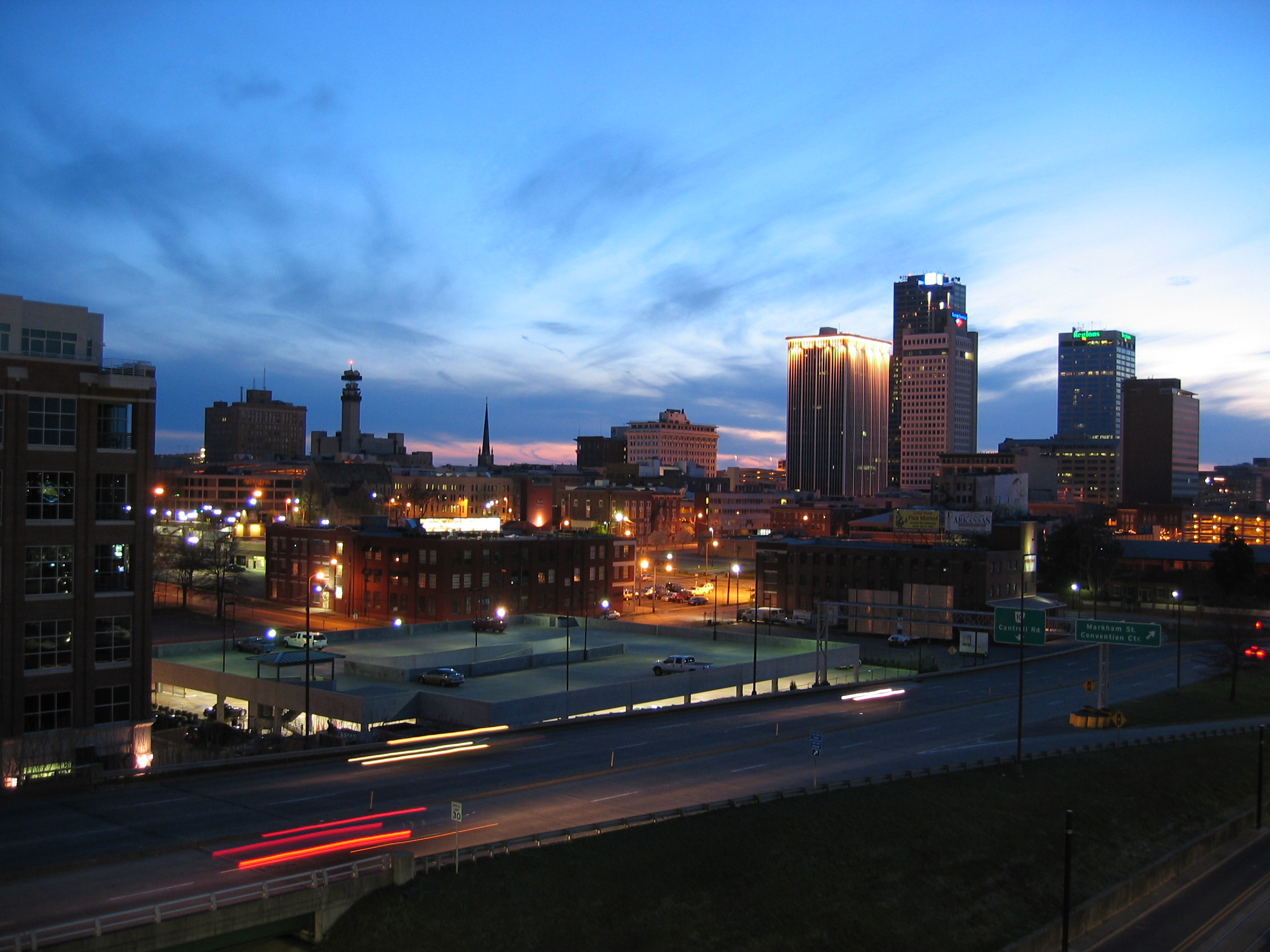
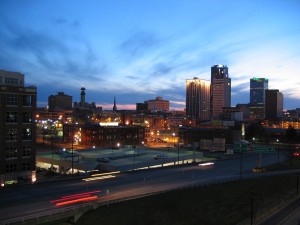 The Quapaw Tribe of Oklahoma is working to move property it owns just east of Little Rock into federal trust. Moving the land into federal trust would essentially turn the property into federal land held by the U.S. government in trust for the Quapaw Tribe.
The Quapaw Tribe of Oklahoma is working to move property it owns just east of Little Rock into federal trust. Moving the land into federal trust would essentially turn the property into federal land held by the U.S. government in trust for the Quapaw Tribe.